Small Pleasures: Longlisted for the Women’s Prize for Fiction
£0.90
LONGLISTED FOR THE WOMEN’S PRIZE FOR FICTION 2021
‘A WORD-OF-MOUTH HIT’ Evening Standard
‘A very fine book… It’s witty and sharp and reads like something by Barbara Pym or Anita Brookner, without ever feeling like a pastiche’
David Nicholls
‘Perfect’
India Knight
‘Beautiful’
Jessie Burton
‘Wonderful’
Richard Osman
‘Miraculous’
Tracy Chevalier
‘A wonderful novel. I loved it’
Nina Stibbe
‘Effortless to read, but every sentence lingers in the mind’
Lissa Evans
‘This is one of the most beautiful books I have ever read. I honestly don’t want you to be without it’
Lucy Mangan
‘Gorgeous… If you’re looking for something escapist and bittersweet, I could not recommend more’
Pandora Sykes
‘Remarkable… Small Pleasures is no small pleasure’
The Times
‘An irresistible novel – wry, perceptive and quietly devastating’
Mail on Sunday
‘Chambers’ eye for undemonstrative details achieves a Larkin-esque lucidity’
Guardian
‘An almost flawlessly written tale of genuine, grown-up romantic anguish’
The Sunday Times
1957, the suburbs of South East London. Jean Swinney is a journalist on a local paper, trapped in a life of duty and disappointment from which there is no likelihood of escape.
When a young woman, Gretchen Tilbury, contacts the paper to claim that her daughter is the result of a virgin birth, it is down to Jean to discover whether she is a miracle or a fraud.
As the investigation turns her quiet life inside out, Jean is suddenly given an unexpected chance at friendship, love and – possibly – happiness.
But there will, inevitably, be a price to pay.
Book of the Year for: The Times, Daily Telegraph, Evening Standard, Daily Express, Metro, Spectator, Red Magazine and Good Housekeeping
Read more
Additional information
| Publisher | Weidenfeld & Nicolson (9 July 2020) |
|---|---|
| Language | English |
| File size | 4950 KB |
| Text-to-Speech | Enabled |
| Screen Reader | Supported |
| Enhanced typesetting | Enabled |
| X-Ray | Enabled |
| Word Wise | Enabled |
| Sticky notes | On Kindle Scribe |
| Print length | 357 pages |

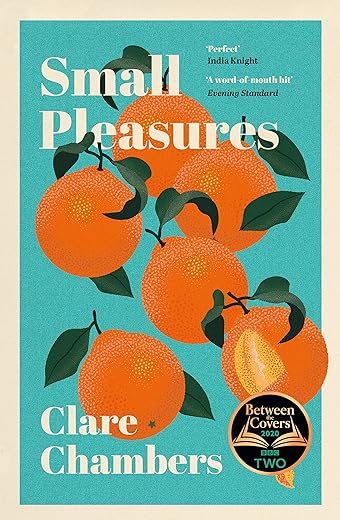


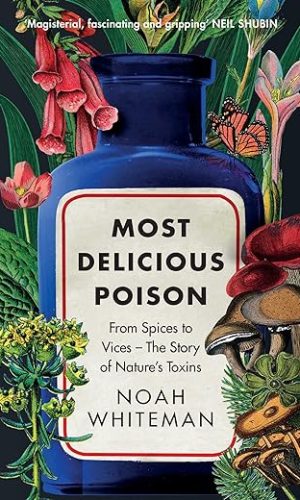

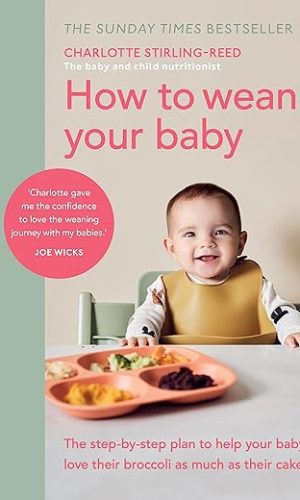

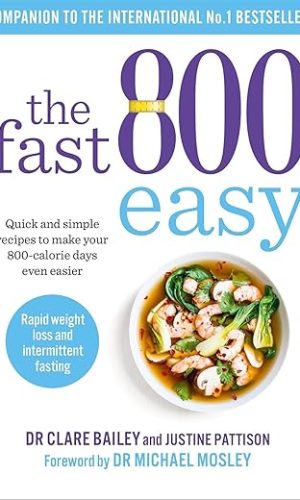
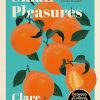
by lambertini
Well written book set in 1950’s. It is NOTHING like “Eleanor Oliphont is completely fine”- as one reviewer has claimed. In 1950’s life was hard, conditions harsh with very few small pleasures. An odd title for the story.
by Miss RCD Foster
A lovely gentle read of a quiet life that takes some interesting twists and turns. There was a beautiful romance between two people who probably thought they’d never love again and I found myself really rooting for them. This isn’t at all taxing to read. I really loved it.
by Annette Chapman
The description in this book really grabs your imagination and takes you back in time. Some lovely little twists throughout. The characters were relatable and the quest to find out the truth in a confusing and almost impossible situation kept me hooked. Lots going on in this story.
by Nicola Cleevely
I enjoyed this book; it was very much my type of novel. It surprised me to find that the story has its basis in fact, following scientists in the 1950s giving serious consideration to the possibility of single-sex reproduction. There was a Christmas newspaper campaign asking anyone who believed they had a virgin birth to contact them.
The novel is character-driven, and the descriptions of ordinary, domestic life are visually simple yet exquisitely drawn. I enjoyed the interconnectedness of the characters’ lives and how meeting the Tilbury family quickly and unexpectedly changes Jean’s life.
I felt that the 1950s period was exceptionally well-researched and suitable for the novel’s plot; no DNA, the role of women, the stigma associated with sex outside of marriage, and the illegal termination of a pregnancy. Initially, Jean, at nearly 40 years old, believes herself middle-aged and on the shelf with nothing to look forward to apart from caring for her aging mother. She enjoys her small pleasures, for example, the first cigarette of the day.
The novel, for me, is really a love story.
Initially, I was confused by the opening page ‘Rail Disaster’ newspaper article and never gave it further thought. It made sense at the end of the novel, but I felt the ending was disappointing and disconnected. The fact that it is explained in an ‘Afterword’ makes me wonder if it wasn’t as obvious as it should have been. Personally, I was rooting for Jean to have her happy ending.
by SusannahB
I have read and enjoyed all of Clare Chambers’ previous novels, so I was looking forward to this new title and I’m pleased to say that I was not disappointed. Set in 1957 in the south-east suburbs of London, ‘Small Pleasures’ introduces us to thirty-nine-year-old Jean Swinney, an unmarried features writer for the North Kent Echo, who admits to being rather plain and who lives with her rather demanding and somewhat neurotic widowed mother. When the newspaper is contacted by Gretchen Tilbury, a young woman who claims that her ten-year-old daughter, Margaret, is the result of a virgin birth, it is Jean who is appointed to follow up the story. Despite Jean’s initial misgivings, she is soon drawn into the lives of the Tilbury family – the friendly, attractive Gretchen, her kind, older husband, Howard, and the very engaging young Margaret – all of whom welcome the lonely Jean into their home and all of whom, in different ways, Jean becomes very fond. Supporting Gretchen and Margaret through the ordeal of the medical tests and investigations that are needed to substantiate Gretchen’s claim, Jean grows even closer to the Tilburys – but is Gretchen telling the truth? And if she isn’t, what does she have to gain by her deception? There is a lot more to this involving story than I have mentioned here, but to reveal more would spoil it for those who have yet to read it.
A perceptively observed story which looks at the quiet, orderly life of a woman who is single not from choice, but from a lack of opportunity in finding the right man to marry, and who has to make do with the small pleasures of life amongst all of the mundanities. The author portrays well the suffocating effect that Jean’s mother has on her daughter and how difficult it is for Jean to break free from her mother’s dependence on her and the resultant guilt she experiences when she does manage to get some time to herself. Ms Chambers also describes well the time period she has set her story in (I wasn’t alive in 1957, but the author’s writing certainly appears very evocative of that time) and although, for the most part, this is essentially a gentle and slow-moving story, there are aspects to it that keep the reader guessing until the end and I was engaged from the first page to the last. A warm, involving and enjoyable read and one I would recommend.
4 Stars.
by Janie U
This is 344 pages split into 40 chapters.
This book had been recommended to me from various different places then it was chosen as my book club pick so I was delighted.
There are a huge number of celebrity endorsement on the cover which always fill me with dread so I approached the book with caution. Although I’ve seen the cover everywhere I started with no idea what the book was about but with the hope that I was in for a treat.
The focus of the plot is a woman claiming to have had a virgin birth and Jean, journalist at the local paper, is sent to investigate. From the start there are many hints given about Jean’s life, to be explored as the story develops.
The writing is tender and sensitive with it’s gentle pace giving a deliberate feeling to Jean’s actions. She is very “buttoned up” which is a stereotypical impression of women in the period – this atmosphere runs through the whole narrative.
It’s a slow book to begin with and I took some time to get used to the constricted style, although the intrigue does build once the book gets going. The relationships between the characters are a major part of the progression and many of these are uncomfortable throughout.
The virgin birth is explored scientifically and it is curious to see the approach with the seemingly simple tests that even I could understand and I found myself believing that Gretchen’s claim may be true whilst still trying to find a more realistic alternative.
As the characters are fleshed out it becomes easier to understand their motives with the final third of the book becoming a complete joy to read. The ending actually made me shiver.